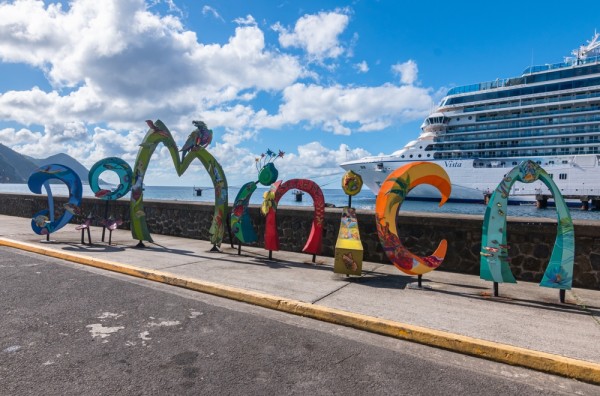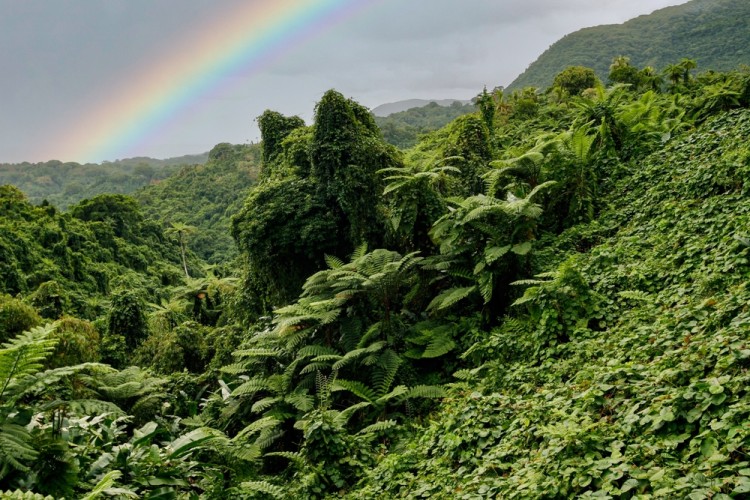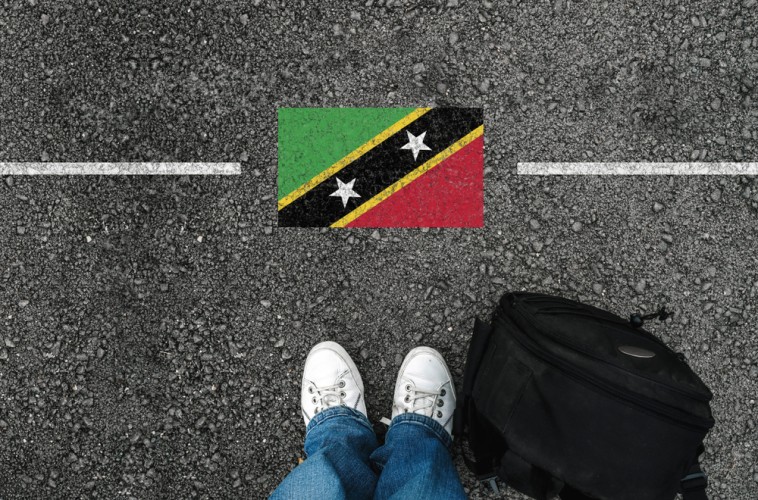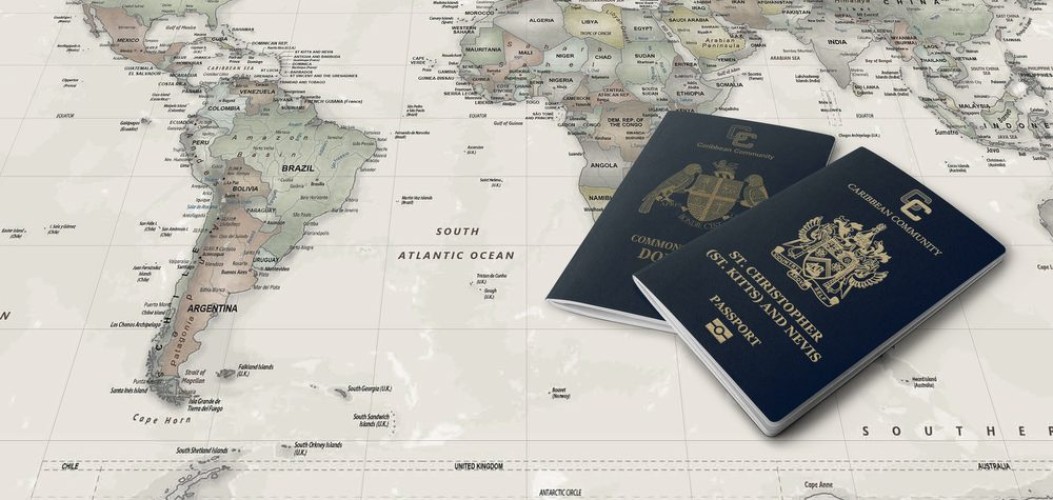Nestled in the heart of the Caribbean, Dominica is often celebrated for its lush rainforests, volcanic landscapes, and unspoiled natural beauty. But for travelers planning a visit, one pressing question arises: “How safe is Dominica?”. The short answer is that Dominica is widely considered one of the safest Caribbean destinations for tourists and residents alike. With a low crime rate, a welcoming culture, and a focus on sustainable travel, this island nation offers a secure environment for those seeking adventure or tranquility. Let’s dive deeper into what makes Dominica a safe and appealing place to explore.
Dominica’s safety
Dominica, officially the Commonwealth of Dominica (not to be confused with the Dominican Republic), is a country that prides itself on its community-oriented values and peaceful atmosphere. Unlike some of its more bustling Caribbean neighbors, this island remains relatively untouched by mass tourism, contributing to its reputation as a safe haven. Government advisories from the US, Canada, and the UK consistently highlight Dominica’s low risk profile for violent crime, making it a top choice for travelers prioritizing security.
The nature of safety in Dominica extends beyond statistics. Locals, known for their warmth and hospitality, often go out of their way to assist foreign visitors. This cultural emphasis on mutual respect and vigilance fosters a safe environment where tourists can feel at ease.
For those considering a longer stay, Dominica’s safety also appeals to expatriates and digital nomads. Programs like the Citizenship by Investment initiative have attracted foreign nationals looking to live or invest in a stable country with minimal urban chaos. While no place is entirely free of risks, Dominica’s commitment to preserving its safe status makes it a standout in the region.
Crime rates and prevention
When evaluating “is Dominica safe,” crime statistics offer reassuring insights. According to global databases, Dominica boasts one of the lowest crime rates in the Caribbean. Incidents of violent crime are rare, and most reported offenses involve petty theft or opportunistic acts, such as pickpocketing in crowded areas. The risk of encountering serious harm here is significantly lower than in many other countries frequented by travelers.
That said, common sense precautions are still essential. Theft occasionally occurs in tourist hotspots or near main roads, particularly when valuables are left unattended. To avoid becoming a target:
- Keep belongings secure and within sight.
- Use hotel safes for passports and excess cash.
- Refrain from flashing expensive jewelry or electronics in public.
While walking alone during the day is generally safe, venturing away from well-traveled areas particularly after dark is discouraged. Stick to populated zones and arrange reliable transportation at night. The island’s rugged terrain and limited street lighting in rural regions could pose challenges for unfamiliar visitors.
Local law enforcement maintains a visible presence in urban centers, and cooperation between communities and authorities helps deter criminal activity. For travelers, staying informed through official information channels—like government travel advisories—is key to navigating Dominica’s security landscape confidently. By adopting these precautions, visitors can minimize risks and fully embrace the island’s serene charm.
Health and medical considerations
When planning travel to Dominica, health preparedness is crucial for a safe and enjoyable trip. The island’s tropical climate and lush nature create a paradise for explorers, but they also pose unique health considerations. While Dominica has no major endemic diseases, common issues like mosquito-borne illnesses (e.g., dengue) or traveler’s diarrhea can occur. Taking basic precautions significantly reduces these risks.
The country’s healthcare system includes hospitals in Roseau and Portsmouth, along with smaller clinics in rural areas. However, facilities may lack advanced equipment, and serious medical cases often require evacuation to nearby islands or the US. For this reason, comprehensive travel insurance covering medical evacuation is strongly recommended.
Key health tips for visitors include:
- Ensuring routine vaccinations (measles, hepatitis A/B, typhoid) are up-to-date.
- Using EPA-registered insect repellent to avoidmosquito bites.
- Drinking bottled or purified water to prevent stomach issues.
- Packing a basic first-aid kit with medications for allergies, pain, and infections.
Travelers with chronic conditions should carry ample medication and doctor’s notes, as pharmacies may not stock specialized drugs. Dominica’s security against health crises is bolstered by strict food safety standards and clean public spaces, but personal vigilance remains essential.
Natural disasters and climate risks
Dominica’s nickname, “Nature Isle of the Caribbean,” reflects its dramatic landscapes—but its volcanic origins and tropical location also expose it to natural hazards. The island lies in a hurricane belt, with the storm season running from June to November. Major events like Hurricane Maria (2017) have caused significant damage, though rebuilding efforts have strengthened infrastructure and disaster response systems.
Beyond hurricanes, travelers should be aware of:
- Riskof volcanic activity (Dominica has nine active volcanoes).
- Earthquakes, though typically minor and infrequent.
- Flash floods during heavy rains, especially in mountainous regions.
The government prioritizes safety through early warning systems and community drills. Visitors can stay informed by monitoring local weather updates and registering with their embassy’s travel advisory program. While the country is considered resilient, travelers should:
- Avoidhiking or river activities during heavy rainfall.
- Know evacuation routes for their accommodation.
- Keep emergency supplies (flashlight, water, cash) on hand.
Renting a vehicle? Opt for a 4×4 to handle unpaved routes, and always drive cautiously—local driving styles may feel unpredictable to foreign visitors. Stick to licensed taxi services marked with “HA” plates, and agree on fares beforehand to avoid disputes. For travelers exploring remote areas, hiring a local guide enhances security while supporting the community. Avoid hitchhiking or accepting rides from strangers, particularly after dark, even in low-risk zones. By prioritizing road safety, you’ll enjoy Dominica’s scenic beauty without unnecessary hazards.
Cultural Sensitivity and Local Etiquette
Dominica’s culture blends African, Carib (Kalinago), and European influences, fostering a society rooted in respect and tradition. Understanding local customs strengthens your safety as a visitor. Greet people warmly with a “good morning” or “good afternoon,” and ask permission before photographing individuals or private property. Dress modestly outside beach areas, especially when visiting villages or religious sites.
The island’s Indigenous Kalinago Territory welcomes tourists, but entering communal spaces requires humility and mindfulness. Avoid intrusive questions about livelihoods or traditions, and consider purchasing crafts directly from artisans to support sustainable travel. By embracing cultural sensitivity, you’ll foster positive connections and minimize misunderstandings.
Dominica’s pristine ecosystems demand responsible exploration. While encounters with wildlife—like the endangered Sisserou parrot—are thrilling, maintain a respectful distance. Never feed or touch animals, as this disrupts their natural behavior. Hikers should stay on marked trails to prevent soil erosion and protect fragile habitats.
Safety tips for tourists in Dominica
Dominica’s safe reputation hinges on both its low crime rate and the proactive steps tourists take to protect themselves. Whether you’re a solo adventurer or part of a group, these guidelines will help ensure a worry-free experience:
First, respect local customs and environmental guidelines. Dominicans take pride in their nature-focused lifestyle, so littering or disturbing wildlife is frowned upon. Stick to marked trails during hikes, and never swim in restricted areas—strong currents and underwater hazards could pose dangers.
Second, prioritize communication. Purchase a local SIM card for reliable service in remote areas, and share your itinerary with trusted contacts. While the island is safe for walking alone during daylight, inform someone if you plan to explore off the main roads. After dark, use licensed taxis or arrange rides through your hotel.
Finally, embrace the spirit of preparedness:
- Carry a laminated copy of your passport instead of the original.
- Store emergency numbers (local police: 911) in your phone.
- Learn basic Creole phrases to connect with locals and navigate situations smoothly.
By blending common sense with cultural respect, travelers can fully enjoy Dominica’s waterfalls, hot springs, and vibrant communities. The island’s commitment to safety ensures that even first-time visitors leave with memories of a safe and transformative journey.






